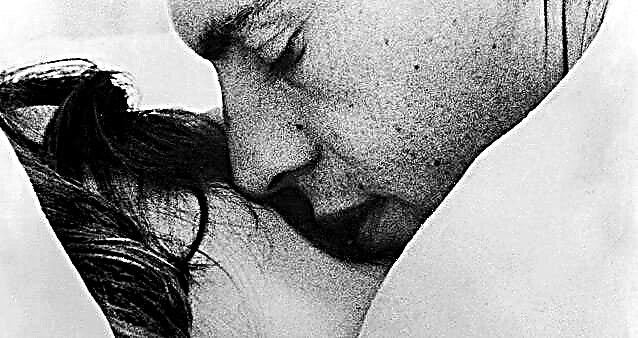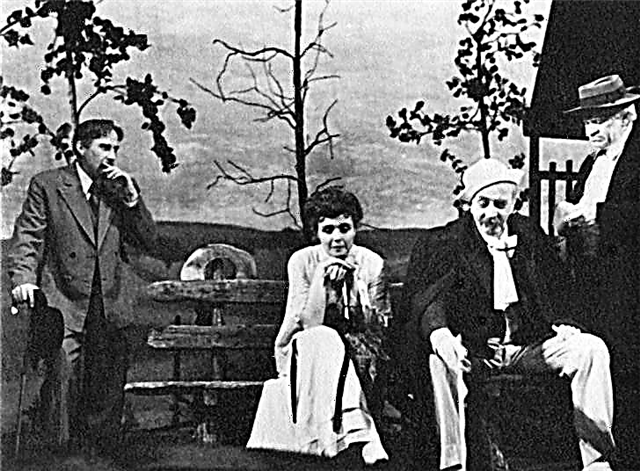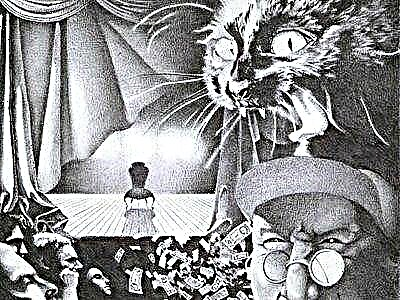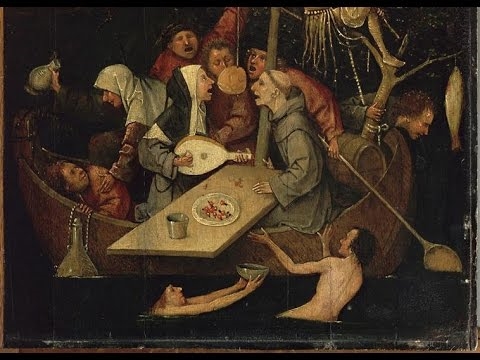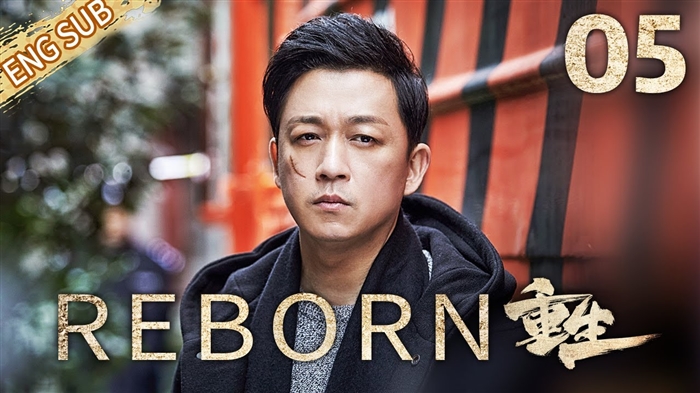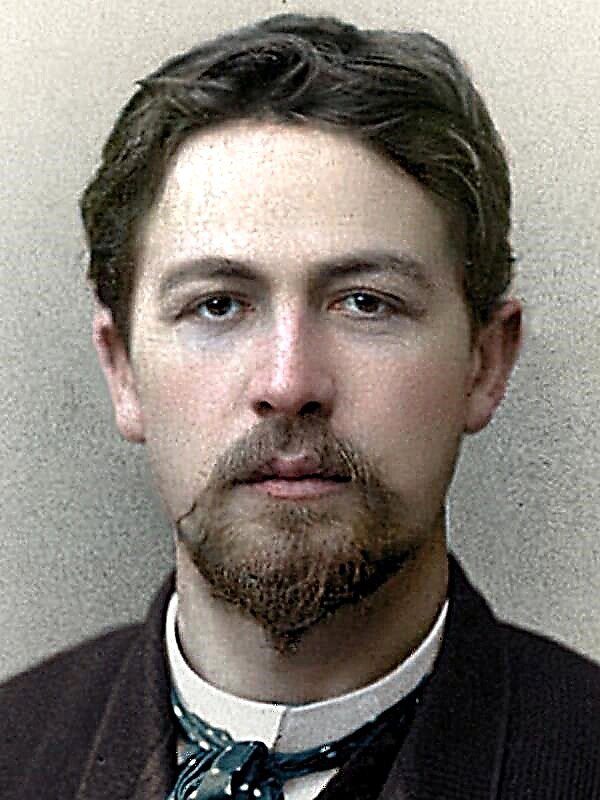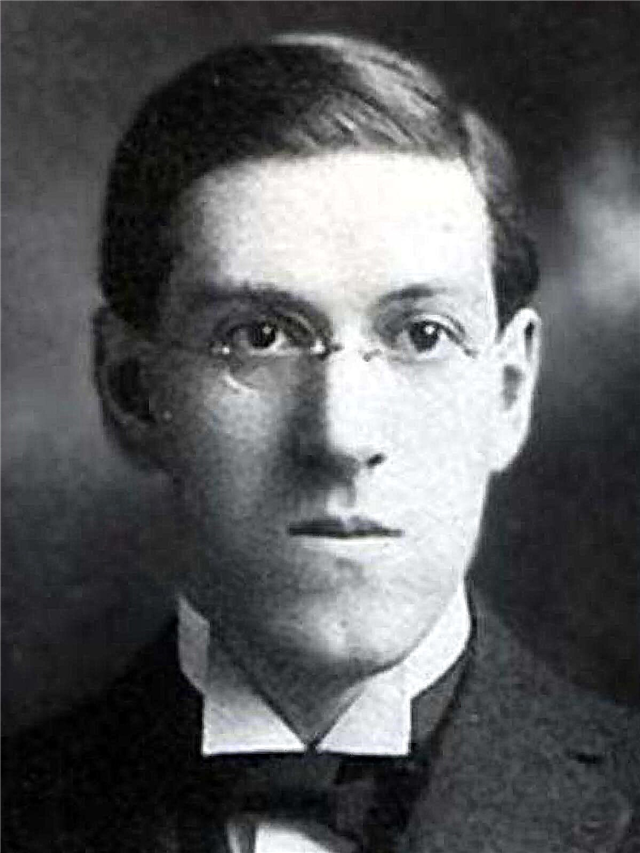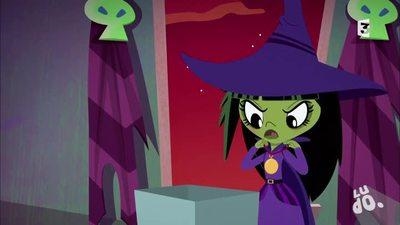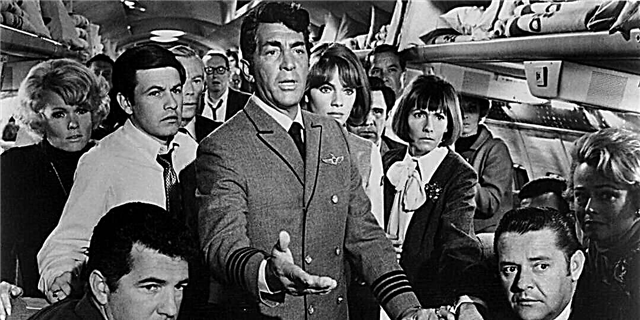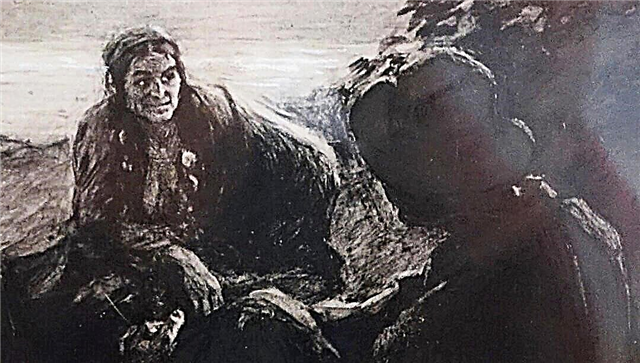Summer is a crucial time for applicants choosing a university. The fate of yesterday’s schoolchild largely depends on the choice of direction of study and educational institution. We offer an overview of the pros and cons of leading Moscow universities for those who decide to study journalism.
What to look for?
IMPORTANT! First of all, look at the website for information about the license and accreditation of the university. License means the organization’s right to engage in educational activities. Accreditation, on the other hand, gives the university the opportunity to provide state diplomas, deferrals from the army, transportation privileges and other privileges. Without them, your training may be useless, because not all employers accept non-state diplomas for the simple reason that they can not be verified for authenticity. Be carefull!
When choosing a university, you need to pay attention to its parameters depending on personal needs:
- Profile (TV journalism, radio, foreign journalism, etc.);
- Forms of study (full-time, part-time, distance, evening);
- The number of budget places;
- Competition (the number and form of internal exams, minimum scores, compulsory subjects at the exam, etc.)
- Tuition at a paid office.
By the way, it is better to be prepared, if you can’t get on the budget, consider the possibility of training for a fee. Journalism is a very popular direction, and often most places go to beneficiaries, target students and prize winners of the Olympiads.
It is also important to think over and decide in advance where it will be more comfortable for you to study - in your city, or in another, living in a hostel. This is a very significant issue, which should be approached with all seriousness. After all, not every university provides housing, and sometimes the conditions are not suitable.
Where can I find honest reviews?
Studygu.ru and academica.ru can be distinguished.
- On studygu.ru only reviews about universities are presented. One and the same person indicates both positive and negative aspects of the institution, so that the feedback is as honest as possible. Faculty assessment criteria, such as “Knowledge”, “Learning Process”, “Teachers”, allow applicants to make the most complete picture of the university.
- The advantage of academica.ru is that it is not a reviews site, but a education site. But there is a special section for reviews.
- Also a lot of comments can be found on TheQuestion.ru. In general, first of all, you need to pay attention to reasoned reviews. Comments like “cool university” or “bad, put a minus” do not carry useful information, and moreover, they may turn out to be dishonest.
In fact, if you find fault, even in the best university there are flaws. And, on the contrary, even if the quality of education in the institution leaves much to be desired, someone can find advantages in it. Do not refuse the chosen university because of the only bad review, and, conversely, do not rush to make the final choice based on one or two laudatory comments. Study as many answers as possible, pay attention to those aspects that are more important for you - the level of teaching, the availability of libraries, the location of buildings or the quality of life in a hostel. Compare, draw conclusions.
IMPORTANT! And even better - find a group of universities in the social. networks and contact the guys directly. So you will find new friends and find out what you need.
University overview
Moscow State University
+ One of the largest and oldest universities in Russia. The prestige of the university gives the resulting diploma solidity in the eyes of the employer;
+ At the Faculty of Journalism in advanced courses you can study in industrial and thematic modules (for example, “Internet journalism” and “Music journalism”), which will help to specialize in a specific field;
+ a large number of budget places. This year 196 full-time seats were allocated.
- The high cost of training in a paid department. In full-time form - 350 000 rubles., Full-time and part-time (evening) - 217 300 rubles. in year;
- The status of “the best university in the country” attracts a huge number of applicants, so the competition is serious when entering;
- high requirements for the study of subjects. Since Moscow State University is the most prestigious and well-known university in the country, teachers should keep the bar and not allow students to relax. In fact, this will be a plus for those who are really ready to learn and get knowledge.
- the huge scale of the university. There is a rather large distance between the buildings, and this creates an inconvenience in movement.
HSE
+ The school focuses on Western standards of instruction, keeps pace with the times. In training future journalists, much attention is paid to new media formats, the work of the media on new platforms. This is especially true for those who do not want to lag behind the development of technology and are ready to explore new opportunities for professional growth;
+ when studying at a paid department there is a 25% discount for successful students. A strong incentive to study well;
+ liberal university: teachers and students are free to express their views and beliefs. There are no outdated programs and installations left over from the Soviet era;
- this is not a classic journalism department, journalism is taught at the Faculty of Media and Design Communications, so if you want to get a traditional journalistic education, it is better to choose a different university;
- passing score higher than at Moscow State University - 360;
- A large percentage of students (from 30 to 70% according to various reviews) are expelled for poor progress.
RUDN
+ international student body. You can meet and meet peers from other countries;
+ the opportunity to travel for internships in foreign universities and summer language courses in Europe and America;
+ active student life: sports and creative sections, various festivals. There is own sports complex. Active guys will not be bored;
- difficulties in communicating with fellow students from other countries. They may not know Russian at all and have a poor knowledge of English;
- of the total number of seats 73, only 16 are budget ones;
- the language barrier in the group can slow down the learning process, and it will be too difficult for people who had problems learning English at school to adapt to new standards.
RSUH
+ Great emphasis is placed on the literary preparation of students: the Russian language, stylistics, editing, etc .;
+ Most attention is paid to television journalism. From the first year you will train diction and learn to work in the frame. A great option for those who plan to choose this particular niche;
+ for good academic performance, students for the summer are given permits;
- a small number of budget places (14 in full-time and 10 in the correspondence department);
- I have to read a lot. If you like reading, then this is more of a plus, but for those who are reluctant to “swallow” one book after another, it is better to consider other options;
- it is difficult to get into the hostel for freshmen living a couple of hours drive from Moscow.
RANEPA
+ teachers - current journalists: reporters, photographers, interviewers. You will be trained by true professionals;
+ Faculty of Free Sciences - you do not choose a specialty immediately upon admission, but only in the third year. Such a model of education is popular in foreign universities, and now has appeared in our country;
+ two days a week devoted to the study of two foreign languages;
- there are no budget places, training is only on a commercial basis;
- the faculty has recently opened, there are no graduates yet, therefore the quality of education can only be judged by the work of the university as a whole;
- very expensive training.
Moscow State University
+ the university has 7 dormitories in which all nonresident students are accommodated;
+ since journalism is taught at the Faculty of Philology, much attention is paid to the thorough study of the Russian language and literature;
+ there are both full-time and part-time forms of training;
- little attention is paid to foreign languages;
- meager extracurricular life;
- in fact, journalism is not the “native” direction of Moscow State Pedagogical University. In 2016, the Sholokhov University joined the university, and with it the direction of journalism. These reforms can adversely affect the educational process, as many students have already noted.
IGUMO
+ universal training: students are taught to work in print and online publications, on TV and radio;
+ low passing score - 128;
- there are no budget places, training is only on a commercial basis;
- Almost all the reviews found about the university are negative. So before entering this educational institution, study as much information as possible and draw your own conclusions.
Whatever university you choose, remember that the most important thing is a sincere interest in the chosen specialty and a desire to study. If you do not like journalism and do not want to study, but strive for a freebie and expect to get a diploma without any effort, then even the best university will not be able to give you a quality education.

